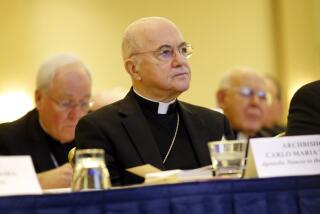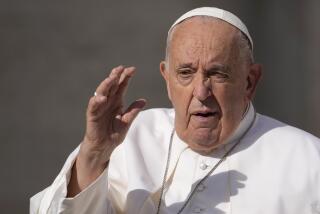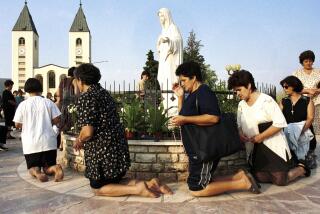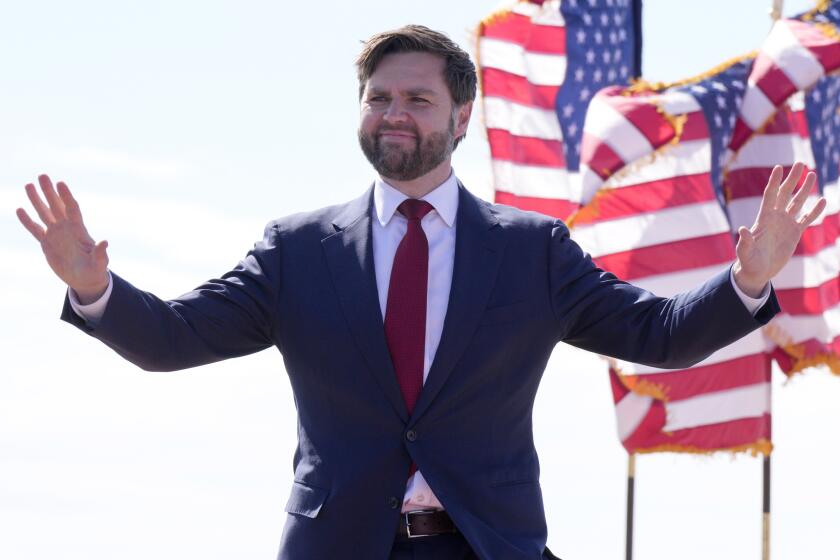Editorial: As if its credibility isn’t bad enough, the Vatican is stalling efforts to punish and prevent sexual abuse
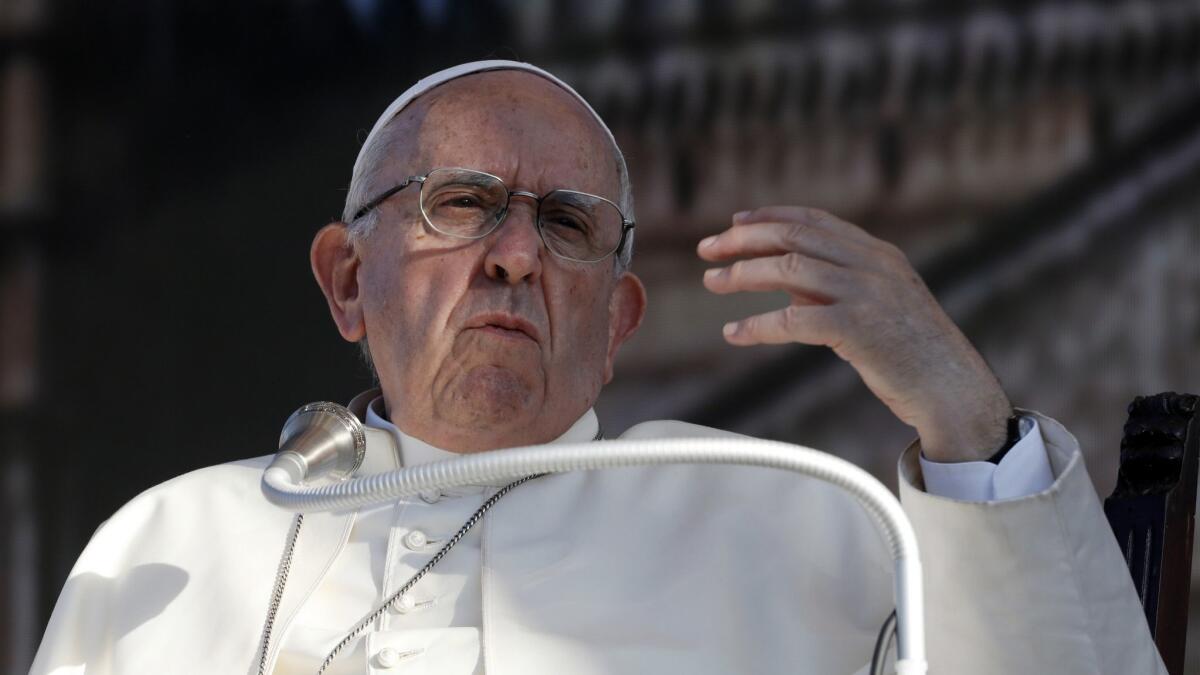
The U.S. Conference of Catholic Bishops had been expected this week to embrace new measures to prevent and punish sexual abuse by members of the clergy, including an unprecedented code of conduct for the bishops themselves. It didn’t happen.
At the last minute, the bishops’ plans were put on hold at the direction of the Vatican. Officials in Rome said they wanted the U.S. bishops to postpone any action until after a meeting of bishops from around the world that Pope Francis has scheduled for February.
This demoralizing delay — which Cardinal Daniel N. DiNardo of Galveston-Houston, the conference president, called a “bump in the road” — is the latest sign that the pope and his advisors have a blind spot when it comes to the need for decisive action in response to clerical abuse and cover-ups. And it contradicts what is supposed to be a theme of Francis’ papacy: a recognition that some decisions in the church should be left to local or national clerical leaders.
It was, after all, the American bishops who took the lead in adopting a charter that obliges dioceses in this country to report allegations of sexual abuse of a minor to public authorities. That policy has made a difference, but it failed to adequately address wrongdoing by bishops — not only those who engage in misconduct themselves, but those who fail to deal decisively with predatory priests under their authority.
Enter the Fray: First takes on the news of the minute from L.A. Times Opinion »
That omission would have been addressed by the proposed code of conduct that was due to be adopted at the bishops’ General Assembly this week in Baltimore. The bishops’ conference was contemplating an additional reform that also has been put on hold: creating a commission of lay people to review complaints against bishops. That proposal appears to have offended Archbishop Christophe Pierre, the pope’s representative to the United States.
Yet it’s clear that the bishops have a credibility problem. This summer a grand jury in Pennsylvania released a report documenting decades of sexual abuse by Catholic clergy in that state and faulting bishops for covering up the abuse. The report followed the revelation that Cardinal Theodore McCarrick, a former archbishop of Washington, D.C., had been suspended from the ministry after an investigation found credible allegations that he sexually abused a teenager decades ago.
On Monday DiNardo told his fellow bishops that “to exempt ourselves from these high standards of accountability is unacceptable and cannot stand.” Those admirable words would have carried more weight if the Vatican had allowed the bishops to follow them with actions.
Follow the Opinion section on Twitter @latimesopinionand Facebook
More to Read
A cure for the common opinion
Get thought-provoking perspectives with our weekly newsletter.
You may occasionally receive promotional content from the Los Angeles Times.
